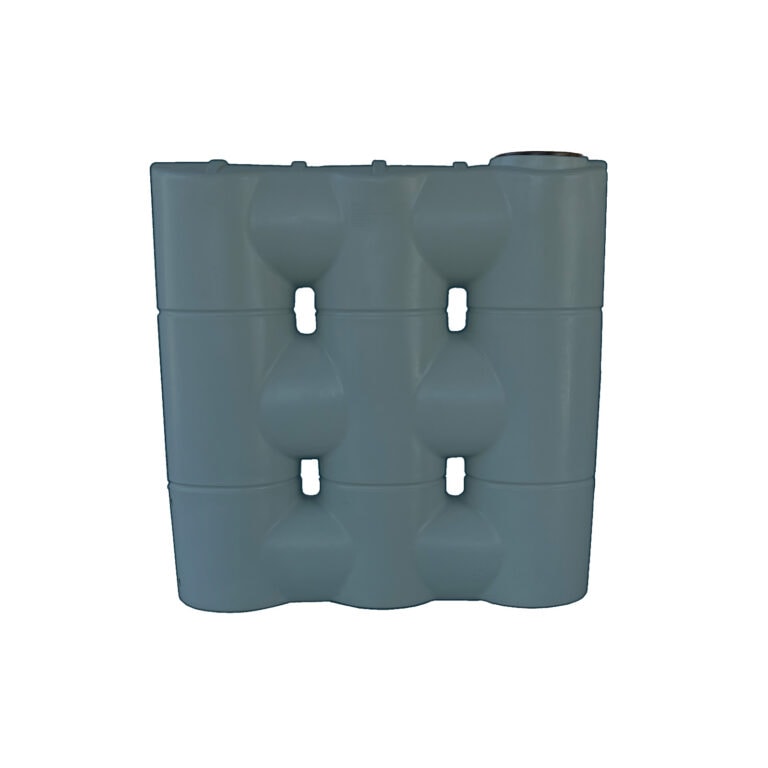Discover the Relevance of Rainwater Tanks for Sustainable Water Preservation Initiatives
In the world of sustainable water preservation, the use of rainwater containers stands as a pivotal technique that advantages more detailed examination. The importance of rainwater containers goes beyond mere storage; it personifies a positive technique towards environmental stewardship and source monitoring. By checking out the complex advantages of rainwater harvesting, an extensive understanding of its prospective effect on water conservation efforts arises. Via a lens of usefulness, ecological consciousness, and common health, the integration of rain tanks reveals a tapestry of interconnected advantages that expand far past the surface.
Benefits of Rainwater Tanks
Making use of rain tanks provides a useful service for lasting water monitoring by harnessing nature's resources effectively. Rainwater storage tanks gather and keep rainwater that drops on roofs, which can after that be utilized for numerous non-potable purposes, such as irrigation, washing garments, flushing commodes, and even for some safe and clean usages with proper treatment. One of the key advantages of rainwater containers is the decrease of demand on keys water system, specifically during dry periods or dry spells.
Environmental Influence of Rain Harvesting
Rain collecting via the usage of storage tanks provides a sustainable water monitoring method with favorable ecological ramifications. By recording rain, this technique helps in reducing the need for mains water supply, thus relieving the worry on water therapy plants and decreasing power intake associated with water distribution. Furthermore, rain harvesting aids in reducing city flooding and disintegration by minimizing the volume of stormwater drainage. This procedure additionally adds to groundwater recharge, which is essential for maintaining water degrees in wells and springs, specifically in locations prone to drought.
In addition, rain harvesting promotes water conservation and reduces reliance on finite water resources. On the whole, the ecological effect of rain harvesting underscores its value in advancing sustainable water administration practices.
Rainwater Tanks for Residential Use
Having actually highlighted the ecological advantages of rain harvesting, the focus currently shifts to the practical application of rain tanks for domestic water preservation (Slimline water tanks). Rainwater storage tanks play a vital duty in property water monitoring by capturing and storing rain that drops on the roofing of a home. These storage tanks can range in size and material, offering property owners flexibility in choosing a system that fits their demands
Among the main advantages of utilizing rain tanks in domestic setups is the reduction in reliance on mains supply of water. By collecting rainwater for non-potable uses such as sprinkling yards, cleaning autos, flushing toilets, and doing laundry, families can significantly reduce their total water intake and energy costs. Furthermore, rain is normally devoid of the chemicals located in treated water, making it a more suitable selection for sure house tasks.
In addition, rainwater harvesting systems can assist mitigate urban flooding and erosion by minimizing stormwater drainage. By capturing rain in storage tanks, less water moves into storm drains pipes, reducing the stress on local drain systems throughout heavy rains. Overall, including rain storage tanks into homes adds to lasting water conservation efforts and promotes self-sufficiency in water monitoring.

Financial Advantages of Using Rain Tanks
The monetary advantages connected with the execution of rain tanks in domestic and commercial setups are considerable and complex. One of the primary financial benefits of using rain tanks is the decrease in water costs. By collecting and keeping rain for numerous non-potable uses such as irrigation, commode flushing, and laundry, homeowner can considerably lower their dependence on mains supply of water, leading to considerable cost savings in time.
Furthermore, the installation of rain storage tanks can increase home worth. In today's ecologically aware market, residential properties equipped with lasting attributes like rainwater harvesting systems are often much more eye-catching to prospective purchasers, regulating greater market price and faster sale times.
Furthermore, rain containers can aid businesses and homeowners reduce the impact of water restrictions and rising and fall water costs. By having a supplementary water resource throughout droughts or periods of enhanced water costs, individuals and organizations can better manage their water-related expenditures and preserve functional continuity. Generally, the economic benefits of making use of rainwater storage tanks make them a wise investment for long-lasting financial savings and sustainability.
Community Sustainability Via Rainwater Collection
Taking into consideration the more comprehensive effect beyond individual advantages, the integration of rain collection systems in neighborhoods plays a critical duty in promoting environmental sustainability and read the article source monitoring. Neighborhood sustainability with rain collection initiatives not only aids in decreasing the official site stress on metropolitan water sources but additionally assists in mitigating the impacts of urbanization on local water systems. By mounting rain storage tanks in public structures, parks, and common areas, neighborhoods can lower their reliance on centralized water resources, resulting in an extra resilient water supply during dry spells or emergencies.
In addition, community-level rain harvesting fosters a sense of cumulative obligation in the direction of water conservation. Ultimately, community sustainability via rainwater collection not only profits the present generation but additionally makes sure a more sustainable future for generations to come.

Conclusion
